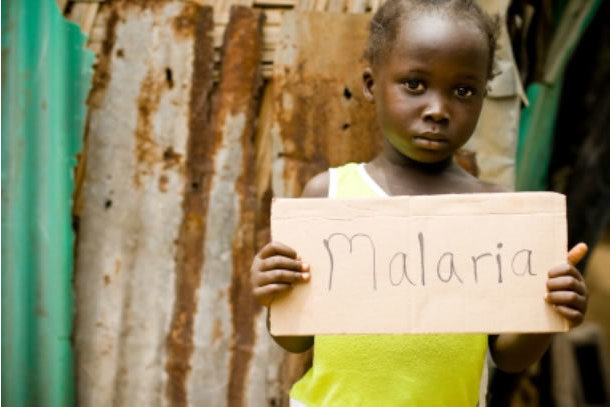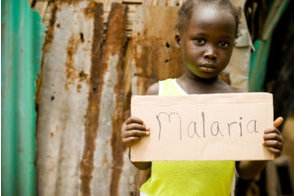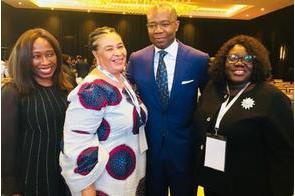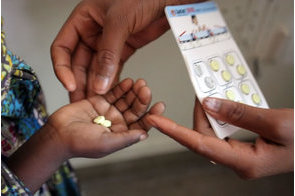Malaria cases in children decline in Katsina State

Summary
Malaria accounts for 30 percent of all childhood deaths and 25 percent of deaths in children under the age of one.
Reported malaria cases in children under five have dropped by two thirds in areas of Katsina State, according to Malaria Consortium -- one of the world’s leading non-profit organisations specialising in the prevention, control and treatment of malaria and other communicable diseases among vulnerable populations.
In a statement released on Thursday, the organisation said the improvement was recorded following the first ever seasonal malaria chemoprevention (SMC) distribution programme in the state, which is in the north-western region of Nigeria.
At an event held in Abuja to highlight the results of the pilot project, Country Director of Malaria Consortium, Dr Kolawole Maxwell, said, “These results show that SMC works and should be scaled up across the northern region of Nigeria where there is a seasonal surge in malaria."
The SMC is a malaria prevention method recommended by the World Health Organisation to prevent malaria in children under five when transmission follows a seasonal pattern. As a public health concern in Nigeria, malaria accounts for 30 percent of all childhood deaths and 25 percent of deaths in children under the age of one. The entire Nigerian population is at risk of malaria all year round. However, the disease surges during the rainy season in the Sahel region of northern Nigeria.
Another state where the pilot project was rolled out was Jigawa State. Between 2013 to 2014, the antimalarial drugs were distributed across four Local Government Areas of Katsina State: Mashi, Dutsi, Mai’Adua, Baure; and in two LGAs in Jigawa State: Kazaure and Roni. The project is currently running in 17 selected LGAs of Zamfara and Sokoto.
Malaria Consortium said the project also successfully demonstrated that community-based delivery of SMC is feasible, cost-effective and accepted by all stakeholders - from the community to the government.
Participation at the event on Thursday included the Permanent Secretary, Federal Ministry of Health; Permanent Secretary, Katsina State Ministry of Health; Katsina community members, key stakeholders of the National Malaria Elimination Programme and Roll Back Malaria Partnership, and representatives from the Bill & Melinda Gates Foundation, UK government and the World Health Organization.
Dr Kolawole said the project will run until 2017 and aims to provide a total of 15 million SMC treatments in 2015 and 30 million treatments in 2016 across the seven African countries in the Sahel region, to help protect an estimated 3.4 million children and 6.8 million children respectively. The countries covered by the project are Nigeria, Burkina Faso, Chad, Guinea Conakry, Mali, Niger, and The Gambia.
Funded by the Bill & Melinda Gates Foundation and UK aid from the UK government, Malaria Consortium works with partners from various institutions including governments to tackle key health conditions such as malaria, pneumonia, dengue and neglected tropical diseases, along with other factors that impact child and maternal health.
Related
-
Defeating malaria requires new approaches
Although the global death toll caused by malaria fell by almost 40% between 2000 and 2015, there has been slow progress in ...
-
Access Bank joins private sector coalition for health care delivery in Africa
As part of Access Bank's commitment to lead global best practices in sustainable finance in Nigeria and Africa, the bank ...
-
Malaria’s deadly comeback
Artemisinin resistance could move into India and onward to Sub-Saharan Africa and the rest of the world, putting millions ...







